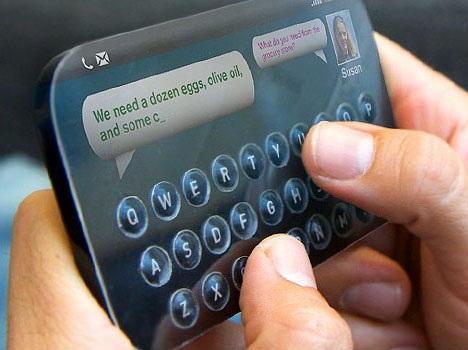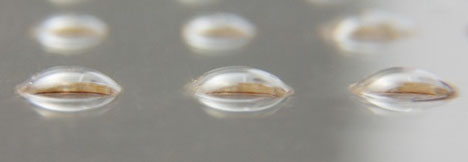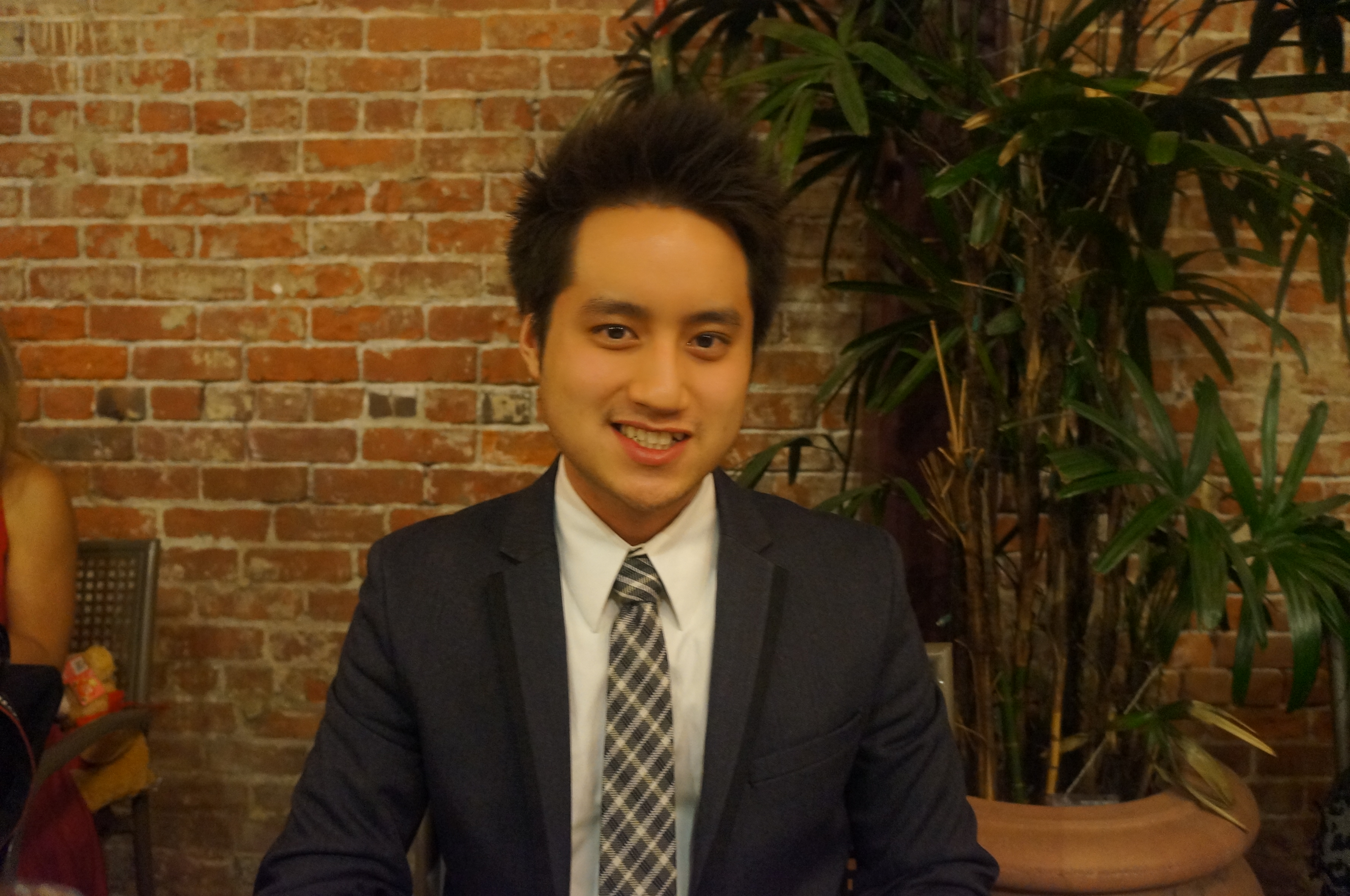As convenient as touchscreens may be, there is still one fundamental flaw that every modern smartphone and tablet has failed to solve: touchscreens just aren't capable of providing the same tactile satisfaction as keyboards. Sure there are a few phones out there with both a physical keyboard and a touchscreen, but now it looks like we might finally be able to get the best of both worlds.
California based Tactus Technology is working on an incredible new touchscreen that can physically mold buttons out of a glass-like surface as well as make them disappear when not in use. Utilizing tiny channels within the surface, a liquid is pumped into button-shaped chambers creating gel-like buttons that can appear and disappear on demand.
For more information on the Tactus Technology project, head on over to the Tactus webpage for more information and to tune in for future updates. No word on when we might see this technology reach our touchscreens, but we're hoping its sooner rather than later. Haptic feedback can only do so much...
Contact Us for News Tips, Corrections and Feedback
Get Tom's Hardware's best news and in-depth reviews, straight to your inbox.
-
SchizoFrog Will people really want to be bothered removing and replacing the cover all the time? I certainly wouldn't want it permanently covering my screen.Reply -
mjflis I can see this as a wanted and useful product. I'm not one of those younger people that can test faster that I can drive, I also have big hands. Although I do prefer the Google speak thing, it gets most things right.Reply -
bejabbers Yes! This is great! But please, don't let crAPPLE buy the patent and prevent anyone else from using it.Reply -
alextheblue SchizoFrogWill people really want to be bothered removing and replacing the cover all the time? I certainly wouldn't want it permanently covering my screen.RTFA please.Reply -
phatboe Until this technology is released and becomes mainstream how about companies release more tactile QWERTY phones.Reply -
omnimodis78 I didn't watch the video, which maybe would clarify my confusion, but the article says nothing (doesn't even elude to it if you read it careful) but do these "buttons" actually end up being "clickable"? In other words, when you press one, does it actually give you the feel of it being pressed and depressed? If these bubbles just raise out but are static, fine, it's better than a 100% flat surface, but the true magic would be if there was some mechanical movement (or the feel of it). Otherwise, it's still just a touchscreen, albeit a bumpy one.Reply -
NuclearShadow This is nothing less than awesome. This could go beyond just keyboards and even expand into games.Reply
Imagine how a platformer would be vastly improved on a tablet with this.


